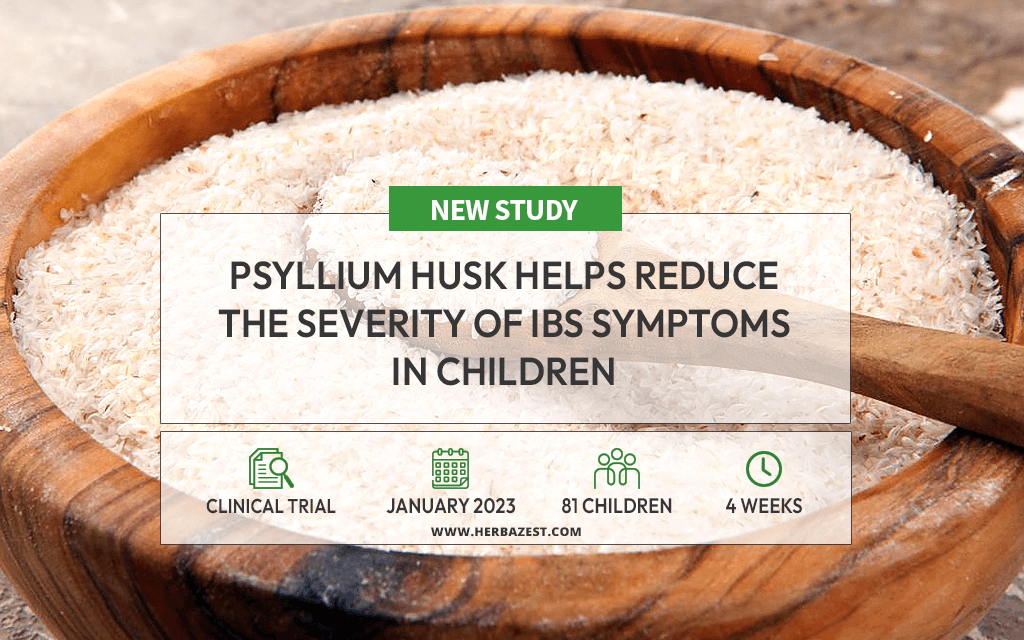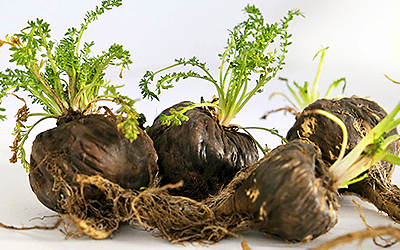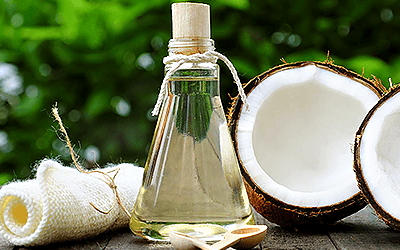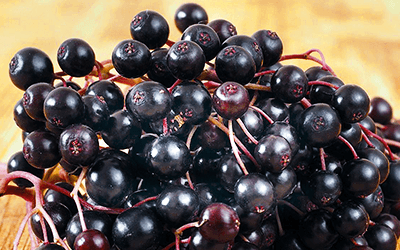Irritable bowel syndrome, or IBS, is a chronic condition that affects the digestive tract, causing abdominal discomfort, changes in bowel habits, and bloating, among other symptoms. To regulate bowel movements and alleviate symptoms, it is generally recommended that patients increase their fiber intake.
Psyllium husk, which is a type fiber from the seeds of the Plantago ovata plant, is one of the most commonly used natural laxatives. It has been shown to soften hard stools and relieve constipation. There is strong evidence that it also helps reduce inflammation in the gut in adult patients with IBS.1 However, these beneficial effects have not yet been studied in children.
The Study
The purpose of this 2023 clinical trial was to study the effects of psyllium husk on children with IBS. Researchers recruited 81 children between the ages of 6 and 18. They were diagnosed with IBS for 12 months, on average.
Children were divided into two groups and took either psyllium husk (group A) or placebo (group B) mixed with water.
The effects of psyllium on IBS after a four-week supplementation were analyzed using the IBS-severity scoring scale (IBS-SSS). The results were published in the Journal of Pediatric Gastroenterology and Nutrition.
The Results
After four weeks of treatment, there was a substantial reduction in the mean IBS-SSS in children consuming psyllium husk than in those consuming the placebo (a decrease from 265.976 at the beginning of treatment to 102.31 at its end in Group A versus a decrease from 289.35 to 225.161 in Group B).
At the end of treatment, 43.9% of children in Group A attained remission, which means they had none or very mild symptoms. In contrast, 9.7% of children in group B entered remission.
What Does this Mean?
This clinical trial provides solid evidence of the efficacy of psyllium husk on IBS in pediatric patients. The reduction in the severity of the symptoms was equally significant across the three tested subtypes of IBS: constipation-predominant, diarrhea-predominant, and mixed bowel habits IBS.
The authors of this trial stress the importance of larger trials to further understand how psyllium can be used to treat IBS long-term, particularly in children.
Other herbs that might be beneficial for patients with IBS include oats, quinoa, blueberries, and soy.
Sources
- Journal of Pediatric Gastroenterology and Nutrition, Efficacy of Oral Psyllium in Pediatric Irritable Bowel Syndrome: A Double-Blind Randomized Control Trial, 2023
Footnotes:
- Cleveland Clinic. (2023). Should you be using psyllium husk? Retrieved October 18, 2024, from https://health.clevelandclinic.org/psyllium-husk




